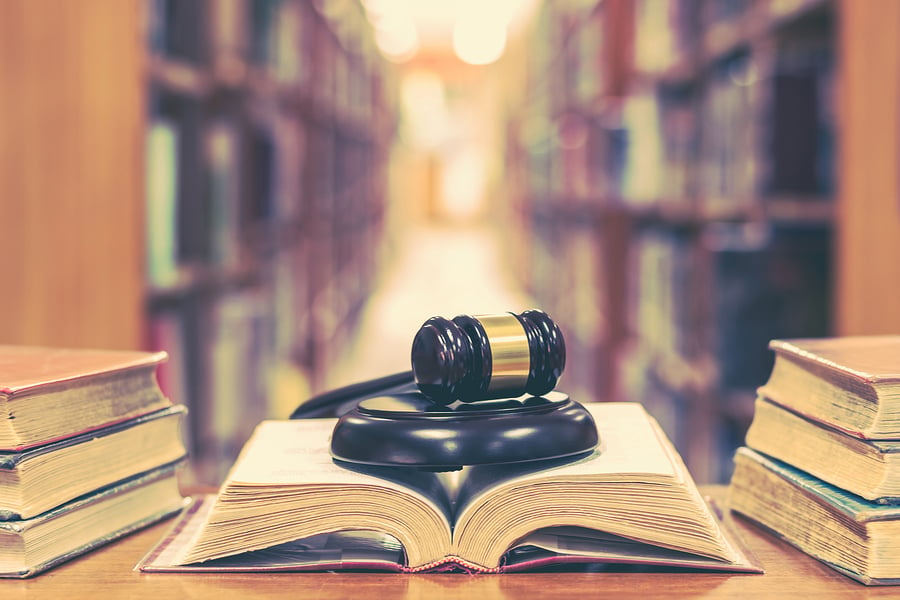Climate Lawfare: The Challenge to Democratic Will and Energy Policy
Introduction
The American electorate made a decisive choice during the last presidential election, favoring President Trump’s energy-centric approach, which emphasized freedom and abundance over stringent regulatory measures and climate policy ambitions. This decision highlighted the will of the people against a backdrop of escalating energy prices and inflation attributed to climate-centric regulations.
The Shift in Energy Policy
Following the electoral outcome, President Biden and allied organizations embarked on a series of initiatives prioritizing climate objectives, often at the expense of broader economic concerns. These policies faced significant backlash as they were perceived to exacerbate inflation and hinder access to vital domestic natural resources.
The Rise of Climate Litigation
Despite the electorate’s clear message, green advocacy groups have engaged in what some term ‘climate lawfare,’ seeking to achieve their objectives through an increasing volume of lawsuits against energy companies. Firms such as ExxonMobil and Shell are confronting a series of climate-related legal challenges that assert these companies bear responsibility for environmental damages linked to climate change.
This litigation trend has emerged in various jurisdictions, including notable cases like the one in Hawaii where the city of Honolulu has sued multiple energy firms for creating a public nuisance without adequate warnings about climate risks.
Recent Legal Developments
Notably, some legal actions have mandated stricter emissions controls. For example, a Dutch court previously ordered Shell to significantly reduce its emissions in compliance with the Paris Agreement, although this ruling was later overturned. Meanwhile, in the U.S., the Supreme Court opted not to hear appeals related to the Juliana v. United States case, which argued for a constitutional right to a healthy environment.
Legal Strategy and Challenges
The legal framework underpinning these climate lawsuits often stems from strategies discussed in workshops such as the 2012 La Jolla meeting. The approach involves establishing a causal link between climate change impacts and corporate carbon emissions, pursuing public nuisance claims based on alleged corporate negligence regarding environmental risks.
In states like New York and Vermont, activists are promoting legislation akin to “Superfund” laws that compel large energy producers to finance reparations for perceived past climate damages. However, these initiatives face challenges pertinent to liability, retroactive penalties, and potential conflicts with existing federal regulations.
The Difficulty of Attribution
One of the significant hurdles in these legal claims is proving that specific weather events were exacerbated or caused by greenhouse gas emissions. As noted by Roger Pielke Jr. of the American Enterprise Institute, the inability to attribute individual weather events to specific sources significantly undermines the foundation of this legal strategy.
Moreover, placing the entire burden of climate impacts on energy companies overlooks the shared responsibility of consumers and state governments that utilize fossil fuels.
The Consequences of Climate Lawfare
The growing trend of suing energy producers effectively ties them up in legal battles, potentially weakening their financial standing without delivering tangible environmental benefits. This not only diverts resources away from innovative energy solutions but also risks escalating consumer prices.
The electorate’s past rejection of punitive climate policies in favor of energy independence highlights a disconnect between green initiatives and public sentiment. Consequently, these lawsuits could be viewed as circumventing democratic processes, raising questions about the authenticity of advocacy for democratic values by activist groups.
Conclusion
As climate lawfare continues to unfold, it raises critical issues about the intersection of policy, legality, and the will of the American people. The ongoing litigation against energy companies reflects broader economic implications and poses questions about responsible governance in addressing climate change without compromising economic principles.

